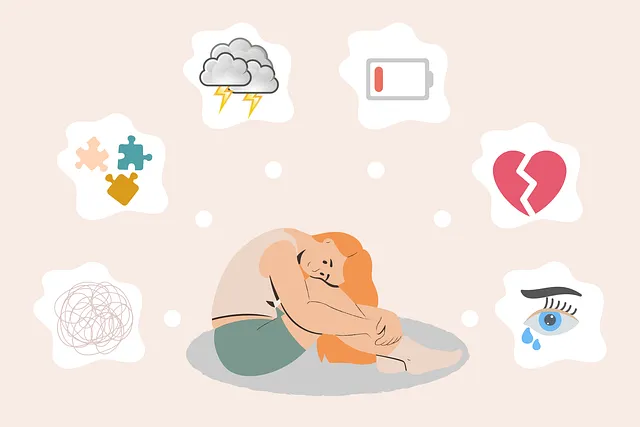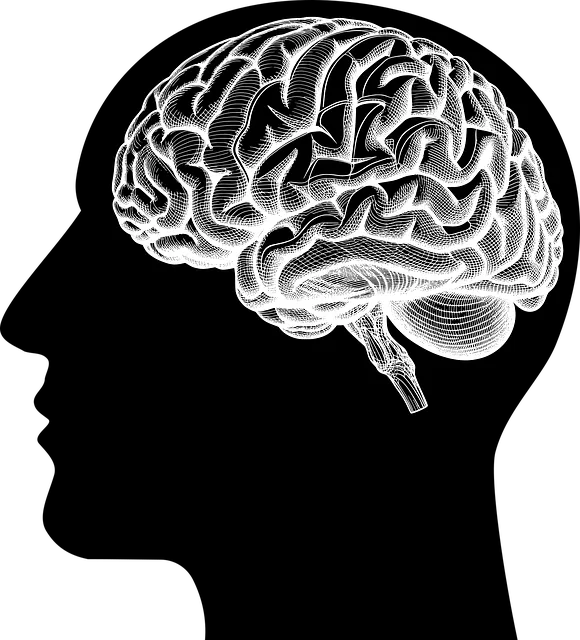Media portrayal significantly influences public perception of mental health, with accurate representations reducing stigma and encouraging support-seeking. Negative depictions can exacerbate issues, while positive, nuanced media can empower individuals to seek professional help from services like the Kaiser Permanente psychiatry phone number in Greenwood Village. To address stereotypes, diverse perspectives including lived experiences and healthcare professionals are crucial for authentic, empathetic media representation of mental illness. Collaborative approaches between media and healthcare providers, like those available at the Kaiser Permanente Psychiatry Phone Number Greenwood Village, drive meaningful change, foster understanding, and improve access to evidence-based care.
In an era where media plays a pivotal role in shaping societal perceptions, accurate representation of mental illness is more crucial than ever. This article delves into the profound impact of media portrayal on public understanding of mental health. We expose prevalent stereotypes and misconceptions in popular culture, offering strategies for authentic and empathetic depiction. Furthermore, we call for collaborative action between media, healthcare providers like Kaiser Permanente Psychiatry Phone Number Greenwood Village, and advocates to foster accurate representation, ultimately destigmatizing mental illness.
- Understanding the Impact of Media Portrayal on Mental Health Perception
- Identifying Stereotypes and Misconceptions in Popular Culture
- Strategies for Accurate and Empathetic Mental Illness Representation
- A Call to Action: Collaborating with Media and Healthcare Providers like Kaiser Permanente Psychiatry Phone Number Greenwood Village
Understanding the Impact of Media Portrayal on Mental Health Perception

The media plays a significant role in shaping public perception about mental health, often influencing how individuals understand and respond to various conditions. Positive and accurate representation in films, television shows, and news articles can help reduce stigma, foster empathy, and encourage those struggling with their mental well-being to seek support. Conversely, negative or stereotypical portrayals can exacerbate existing issues, leading to further isolation and misunderstanding. For instance, a search for “Kaiser Permanente psychiatry phone number Greenwood Village” may yield results influenced by media trends, reflecting the importance of accurate representation in local communities.
When media depicts mental illness realistically, it offers a platform for education and awareness. This can empower individuals facing similar challenges, boost their confidence to seek professional help (like that offered by psychiatric services), and promote better mood management strategies. Moreover, it encourages mental health professionals to engage in risk assessments, ensuring they are prepared to handle a diverse range of cases effectively. Such nuanced representations can save lives by encouraging timely interventions and fostering a more inclusive society.
Identifying Stereotypes and Misconceptions in Popular Culture

In popular culture, mental illness is often portrayed through stereotypes and misconceptions that can be deeply damaging. Media platforms, from television to movies, frequently depict mental health conditions in black-and-white terms, reducing complex disorders to simplistic narratives. For instance, a character might suddenly become violent due to an unseen “madness,” without context or nuance. Such portrayals fail to represent the wide spectrum of mental illness experiences and can foster stigma among audiences, including those seeking support through services like the Kaiser Permanente psychiatry phone number in Greenwood Village.
Addressing these stereotypes requires a concerted effort to showcase more accurate representations. This includes narratives that humanize individuals with mental health challenges, highlight their resilience, and portray the diverse range of symptoms and treatments. By integrating these perspectives into mainstream media, we can encourage empathy building strategies and foster understanding—ultimately contributing to better Mental Health Education Programs Design and improved Mood Management for all.
Strategies for Accurate and Empathetic Mental Illness Representation

To ensure accurate and empathetic mental illness representation in media, it’s crucial to engage diverse perspectives, including those with lived experiences and professionals like those available at the Kaiser Permanente psychiatry phone number Greenwood Village. This collaborative approach helps in creating nuanced portrayals that avoid stereotypes and clichés. Organizations can facilitate this through community outreach programs that foster open dialogues about mental health. Encouraging discussions between artists, writers, and mental health experts allows for a deeper understanding of various conditions and their complexities.
Additionally, burnout prevention strategies for healthcare providers are essential to maintaining accurate representations. Mental health professionals often face intense pressures, which can affect their own well-being and, consequently, their ability to contribute effectively. Implementing mindfulness meditation practices and other wellness initiatives within these communities ensures that creators remain grounded, empathetic, and capable of producing authentic content. Such efforts ultimately enhance the quality of mental illness representation in media, fostering a more compassionate and informed society.
A Call to Action: Collaborating with Media and Healthcare Providers like Kaiser Permanente Psychiatry Phone Number Greenwood Village

In the ongoing quest to challenge mental illness stereotypes and promote accurate representation in media, a collaborative effort between industry professionals and healthcare providers is imperative. By joining forces with organizations like Kaiser Permanente Psychiatry Phone Number Greenwood Village, we can drive meaningful change. This partnership allows for direct engagement with mental health experts who can offer insights into the latest research, treatment modalities, and patient-centric approaches. Together, we have the power to shape narratives that reflect the diversity of experiences within the mental wellness spectrum.
Media has a significant role in fostering public understanding of mental illness, while healthcare providers ensure evidence-based practices are accessible. Integrating these perspectives creates robust solutions for Mental Wellness Coaching Programs Development, emphasizing cultural sensitivity in mental healthcare practice. Such collaborations can lead to improved mood management strategies, tailored interventions, and increased accessibility to quality care, ultimately breaking down barriers and promoting positive change.
Media plays a powerful role in shaping societal perceptions of mental illness. By challenging stereotypes, promoting accurate representation, and fostering empathy, we can create a more supportive environment for individuals facing mental health struggles. Collaboration between media outlets, healthcare providers like the Kaiser Permanente psychiatry phone number Greenwood Village, and advocates is crucial to drive positive change. Through conscious efforts, we can ensure that media portrays mental illness with nuance, sensitivity, and an understanding of the diverse human experience.






